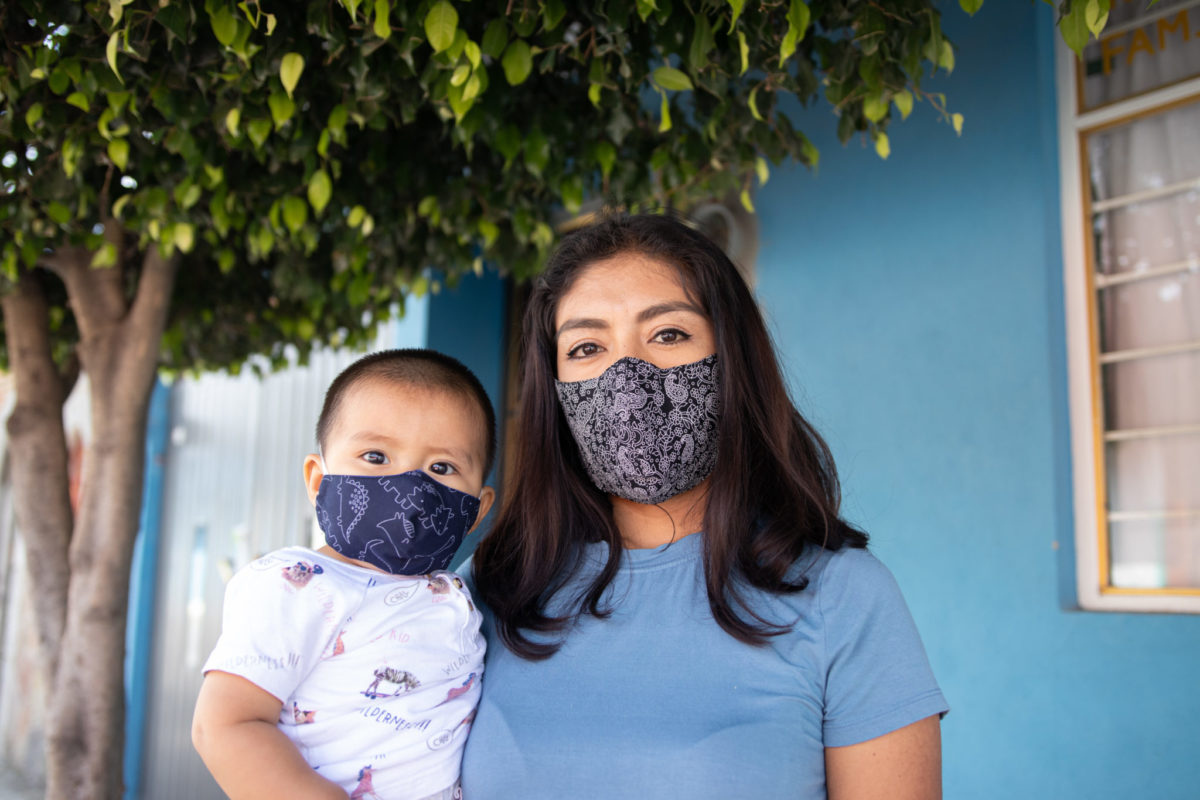1,000 Days Statement on the White House COVID-19 Summit

Bold action is needed to address the health and economic fallout from COVID-19 and build a better future. Today’s COVID-19 Summit provides an opportunity to expand and enhance efforts for defeating COVID-19 and prioritizing health in the United States and worldwide. Across the world, the pandemic exacerbated existing inequalities and further weakened families’ social safety net. COVID-19 pandemic-related disruptions to food and health systems has led to a devastating rise in severe malnutrition rates around the world. In the United States, significant racial and ethnic disparities in food insecurity which existed before COVID-19 widened in households with children.
The COVID-19 pandemic has hit women and children especially hard, and policies and actions must prioritize this vulnerable group. The 1,000 days between a woman’s pregnancy and her child’s 2nd birthday offer a unique window of opportunity to build healthier and more prosperous futures. The nutrition that mothers and children receive in the 1,000-day window has a profound impact on a child’s ability to grow, learn, and thrive. This has never been more critical than now.
Good nutrition and health services must be at the heart of all COVID-19 pandemic immediate and long-term recovery plans both in the United States and globally. In the U.S., 1,000 Days calls on the U.S Government to support families by passing comprehensive, universal paid family and medical leave, permanently authorizing the Children’s Health Insurance Program and addressing Medicare coverage gaps. Programs that provided additional resources to families, including the WIC fresh fruits and vegetables Cash Value Benefit and boosted Child Tax Credit, should be extended. There should also be an investment in health equity provisions to address racial and ethnic disparities in maternal and child health outcomes.
The United States has been a long-standing champion of global nutrition programs and life-saving progress has been achieved over the past decade. But without concerted action and additional resources, the world could see a greater rise in child deaths and malnutrition than previously predicted. Increased investment, specifically allocating at least $500 million for nutrition from future COVID supplemental funding, is an immediate action that would help prevent these COVID-related deaths. In addition, we urge the U.S Government to adopt policy measures and make commitments that fully support, protect, and promote exclusive breastfeeding in the first six months of life. Prioritizing the nutritional needs of women, adolescent girls and young children is essential considering the gendered impacts of the COVID pandemic on hunger and malnutrition. We also support the recommendations in the Nourish the Future proposal, sustainable solutions to deploy high-impact interventions at scale, which will not only save children today but promote long-term resilience building and reduced cases of malnutrition for years to come.
Good nutrition, particularly in the 1,000-day window, is critical to building long-term resilience to shocks and overall prosperous and healthy societies. This is a make-or-break year for nutrition and for children and families worldwide and the time to act is now.
Solianna Meaza
Director of Policy and Advocacy, 1,000 Days
